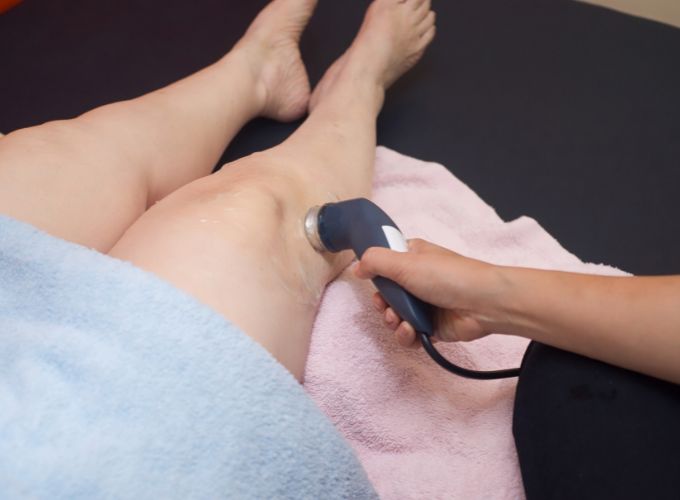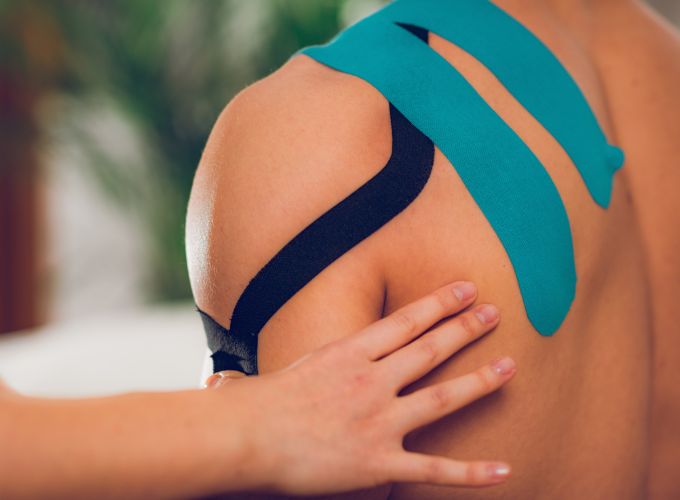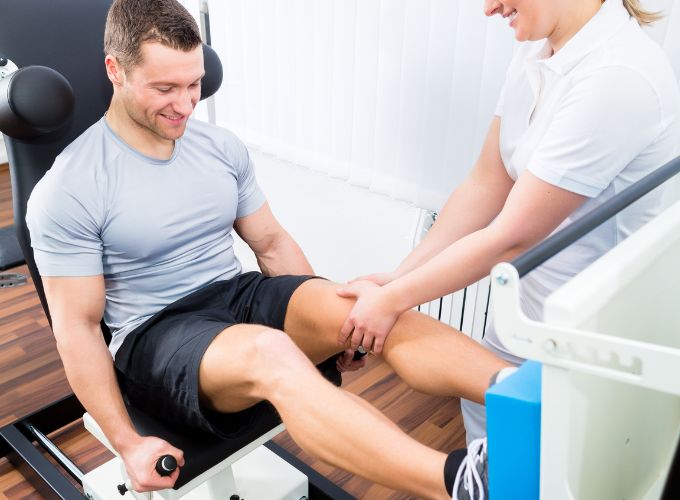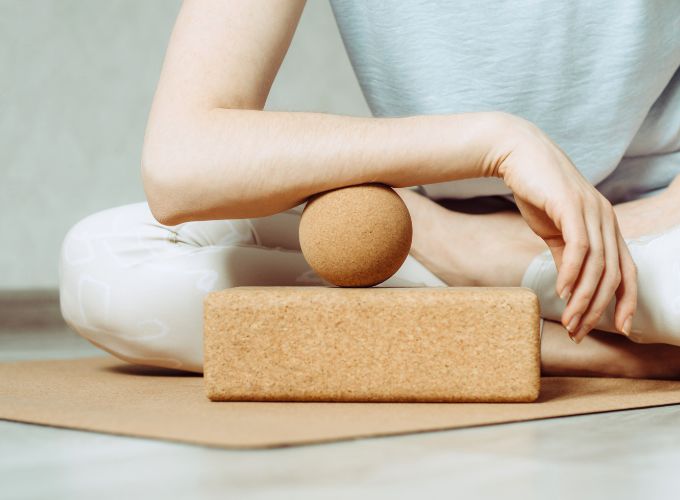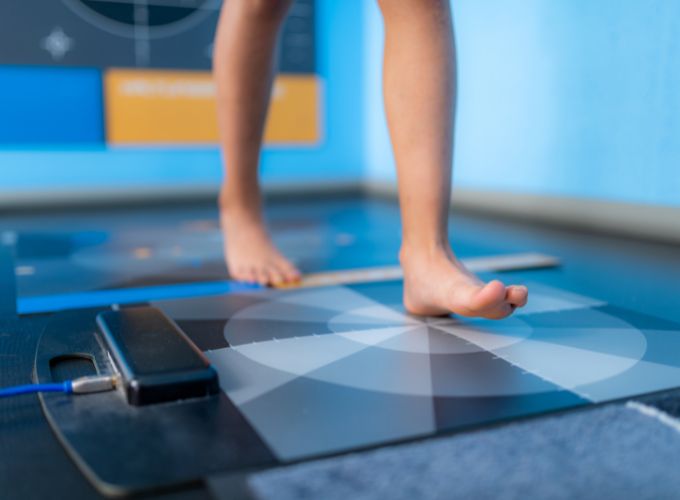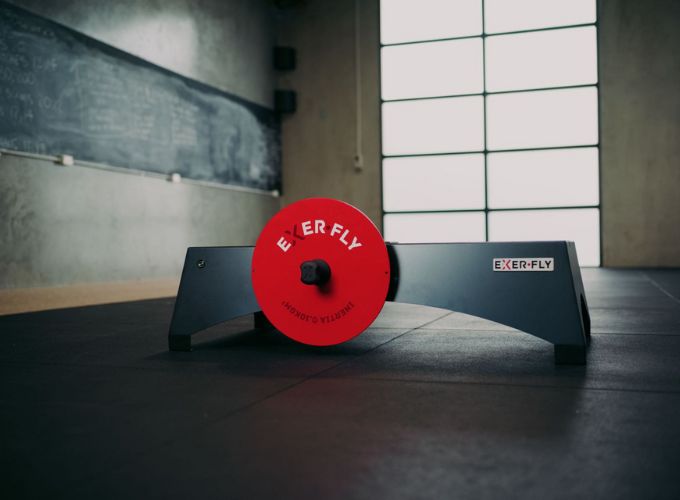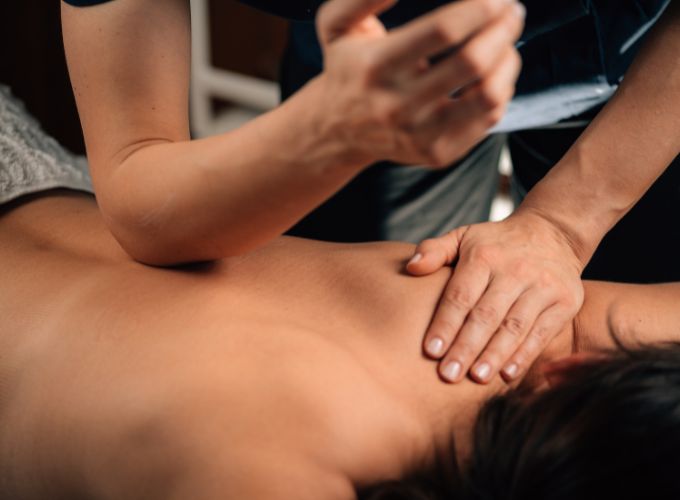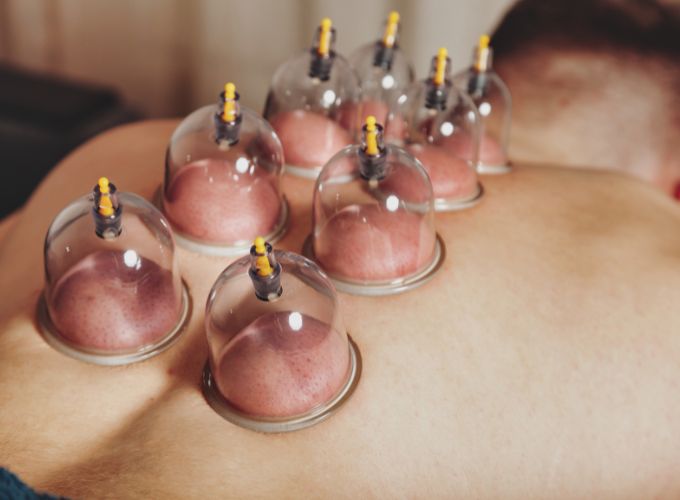Physiotherapy Can Help You Overcome Chronic Knee Pain!
Are you finding it increasingly difficult to navigate stairs? Do you seek parking spots closer to store entrances due to knee concerns? If you’re weary of dealing with persistent knee pain, it’s time to let the experts at Perfect Balance Physiotherapy help identify the source of your discomfort and provide effective relief.
Research consistently shows that keeping the knees active is essential for maintaining their health. While it may seem sensible to avoid activities that trigger knee pain, this approach might not improve your condition and could potentially make it worse. Seeking relief with the guidance of an experienced physiotherapist is crucial for effective treatment.
Our physiotherapists can offer solutions to alleviate knee pain, enhance your mobility and strength, and help you return to your normal activities—all without relying on harmful medications or invasive procedures.
Schedule an appointment with one of our Physiotherapists today to discover how we can help you.
What Causes Knee Pain?
The knee is a hinge joint that primarily moves forward and backward. When properly aligned, your knees should allow you to stand, walk, run, and dance with ease. However, knee pain can restrict your movement.
Sometimes, knee pain may not originate from the knee itself but could be a symptom indicating issues in the foot or hip. Nonetheless, knee pain can also result from direct problems or injuries within the knee joint.
Thankfully, our physiotherapists at Perfect Balance Physiotherapy are skilled in diagnosing the root causes of knee pain and identifying contributing factors. If you’re uncertain about what’s causing your knee pain, allow our team to conduct a comprehensive assessment to pinpoint and address the underlying issues!
Common causes of knee pain include:
IT Band Syndrome
Arthritis
Ligament Injuries
Anterior cruciate ligament (ACL): It is located in the center of the knee and controls rotation and forward movement of the shin bone.
Posterior cruciate ligament (PCL): It is located in the back of the knee and controls the backward movement of the shin bone.
Medial collateral ligament (MCL): The medial collateral ligament is on the inside of your knee and provides stability to sideway motions.
Lateral collateral ligament (LCL): The lateral collateral ligament is on the outside of your knee and provides stability to the sideways motions.
Knee bursitis
An injury or overuse can cause bursitis (inflammation of the bursae), which prevents tendons from gliding smoothly over the joint and can be painful or even debilitating.
Patella tracking dysfunction
Cartilage Injuries
Meniscus tear: The meniscus acts as a shock absorber and aids in knee stability. When the knee twists suddenly, either contact or non-contact activity can cause a meniscus tear. Normal wear and tear can also cause this injury.
Articular cartilage damage: The articular cartilage is a smooth covering on the bones that allows for frictionless sliding from one bone to the next. Direct trauma or wear and tear both cause damage to articular cartilage.
The cartilage in your knee may be damaged if you twist it quickly while bearing weight on it or if you sustain another type of trauma. Prolonged inactivity or repetitive movements can also cause fraying and, eventually, tearing of the cartilage.
Tendinitis
The patellar tendon is the tendon that connects the patella (kneecap) to the shinbone, allowing you to kick, run, and jump. Patellar tendinitis is common in runners, skiers, cyclists, and people participating in jumping sports.
Knee tendinitis can make it difficult to walk, get out of a chair, climb stairs, or participate in sports. Our physical therapists can diagnose and treat knee pain, allowing you to get back to doing what you enjoy.
Fractures
A thorough evaluation by a licensed physical therapist at our Abu Dhabi clinic is the best way to determine the true cause of your knee pain and assist you in finding effective solutions!
Find Knee Pain Relief Through Physiotherapy
Have you been told that surgery is your only option for knee pain? For most people, this is simply not true. Research has shown that physiotherapy can be as effective, if not more effective, than surgery for many knee conditions. Physiotherapy offers significant benefits, and there’s nothing to worry about!
During your initial appointment, one of our physiotherapists will perform a thorough evaluation. Your physiotherapist will examine your knees for any serious conditions that might need further assessment.
Our evaluations will focus on the joints above and below the knee. They will also consider other factors affecting your mobility, gait, and overall functional ability.
You will discuss how your body’s systems work together, and the physiotherapist will help restore normal joint function so you can resume your usual activities. Are you ready to achieve greater joint range of motion, improved soft tissue flexibility, and reduced discomfort?
Your physiotherapist will guide you through exercises designed to strengthen the muscles around your knees, aiming to alleviate pain, stabilize the joint, and enhance overall knee function. Manual therapy and modality treatments will also be used to relieve discomfort and accelerate the healing of injured tissues.
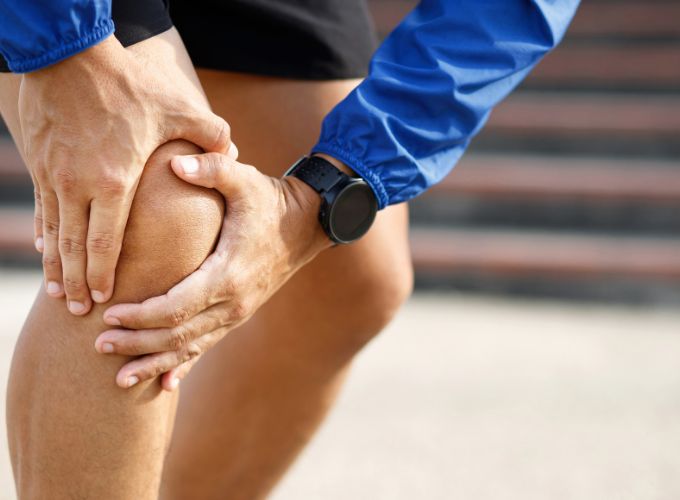
Ready to find relief from knee pain? Contact us today!
It’s time to take control of your knee pain and stop it from disrupting your life.
Are you ready to get back to the activities you love?
Schedule an appointment with one of our experienced physiotherapists at Perfect Balance Physiotherapy today!
